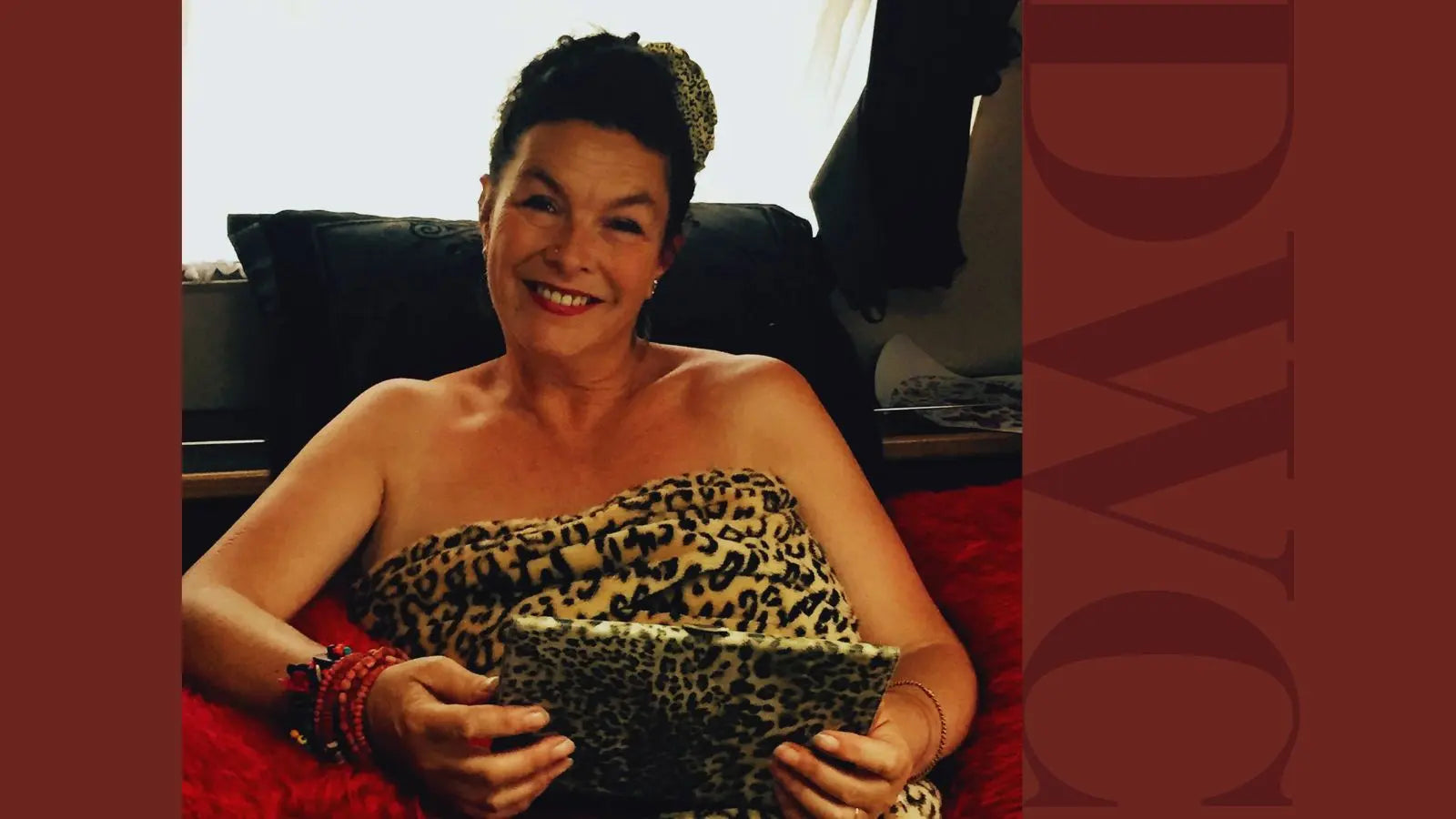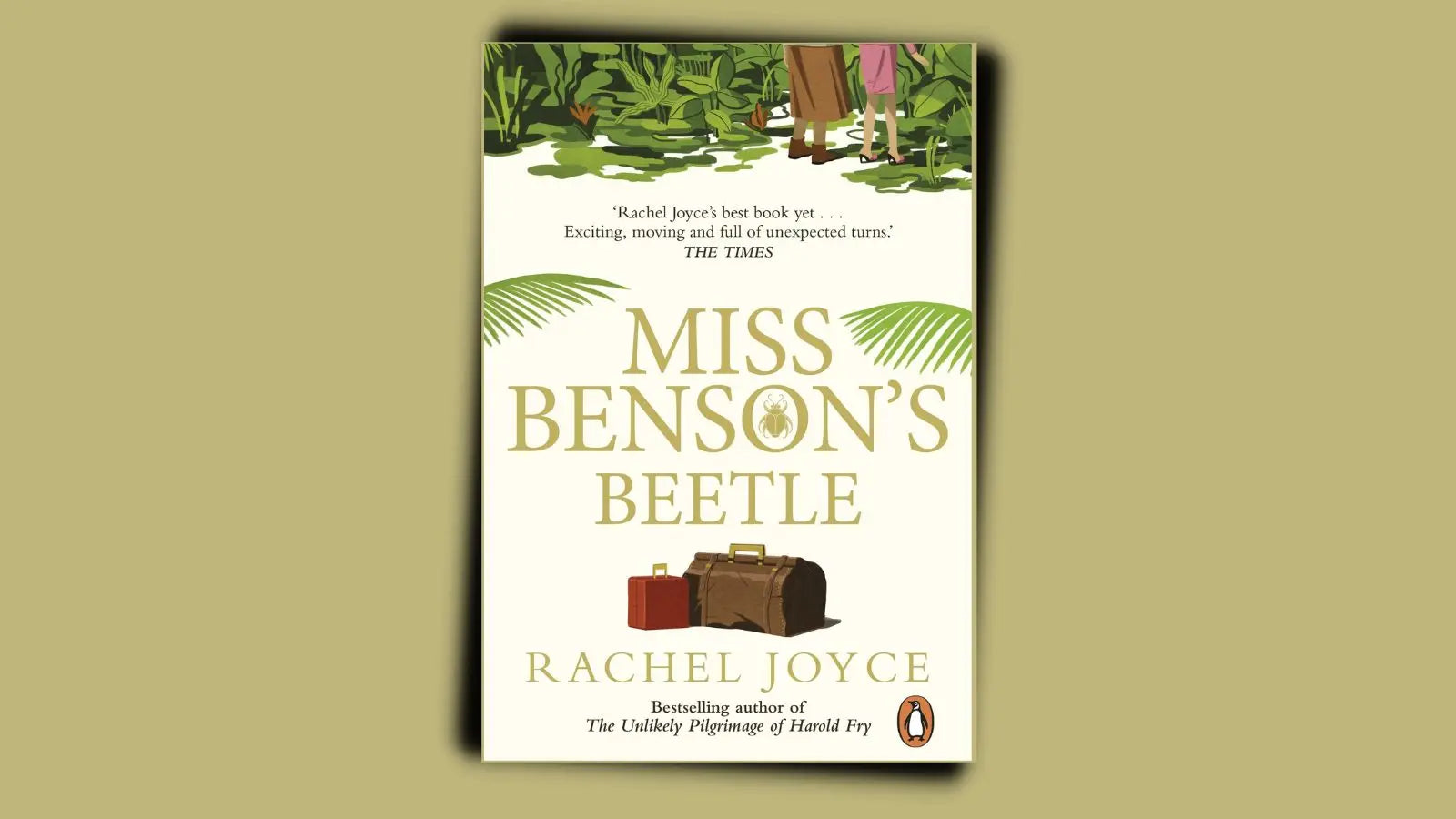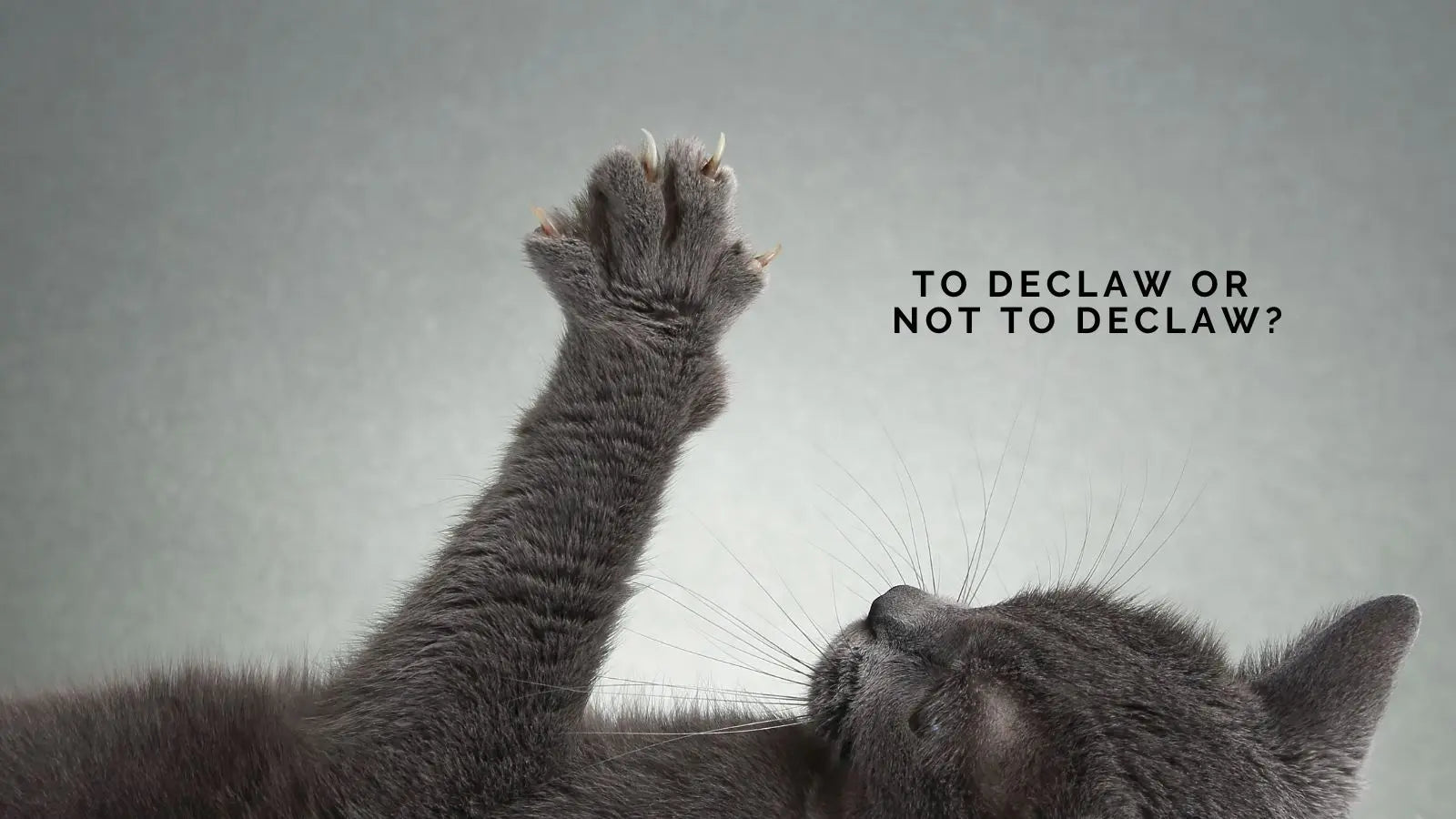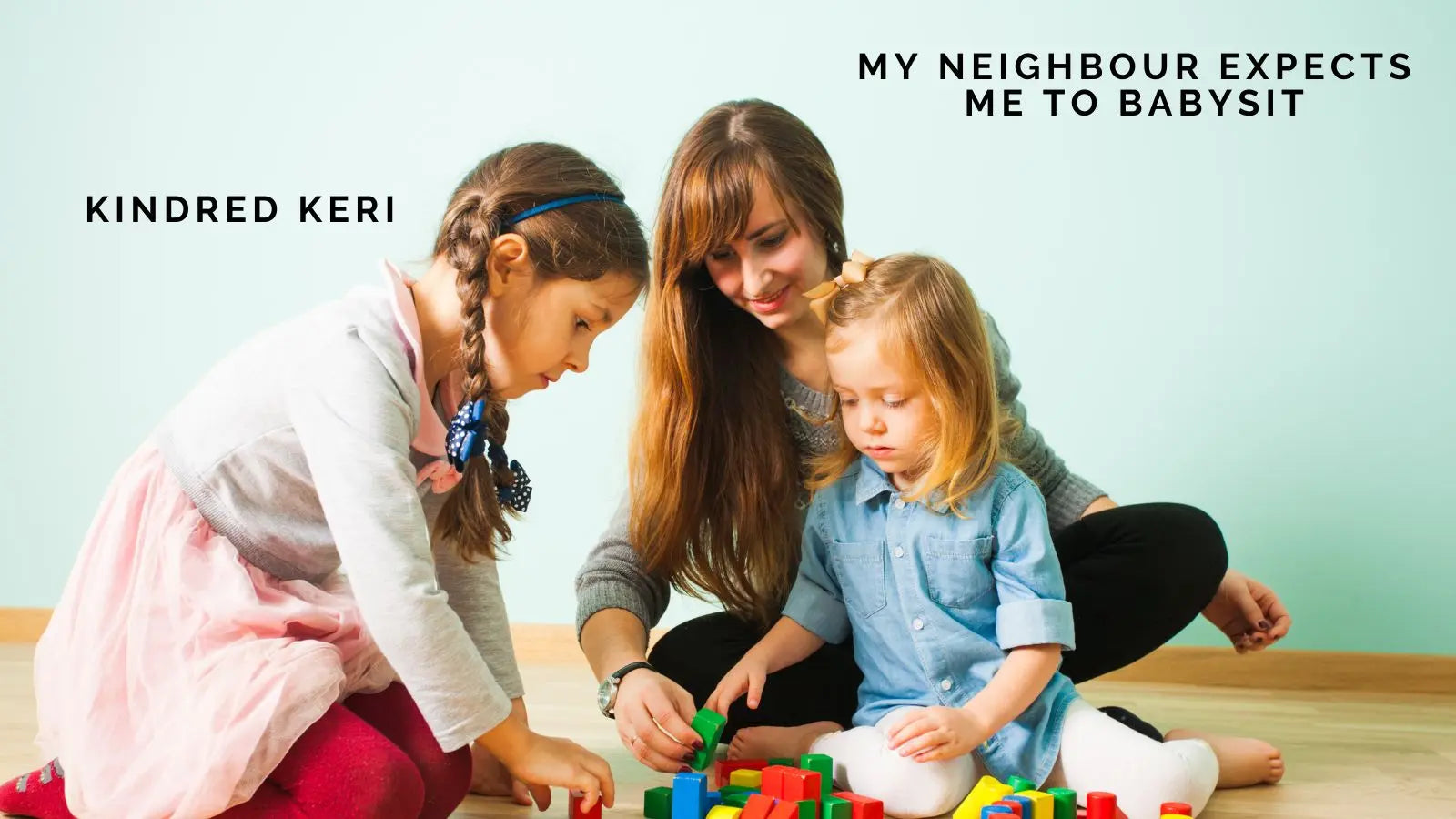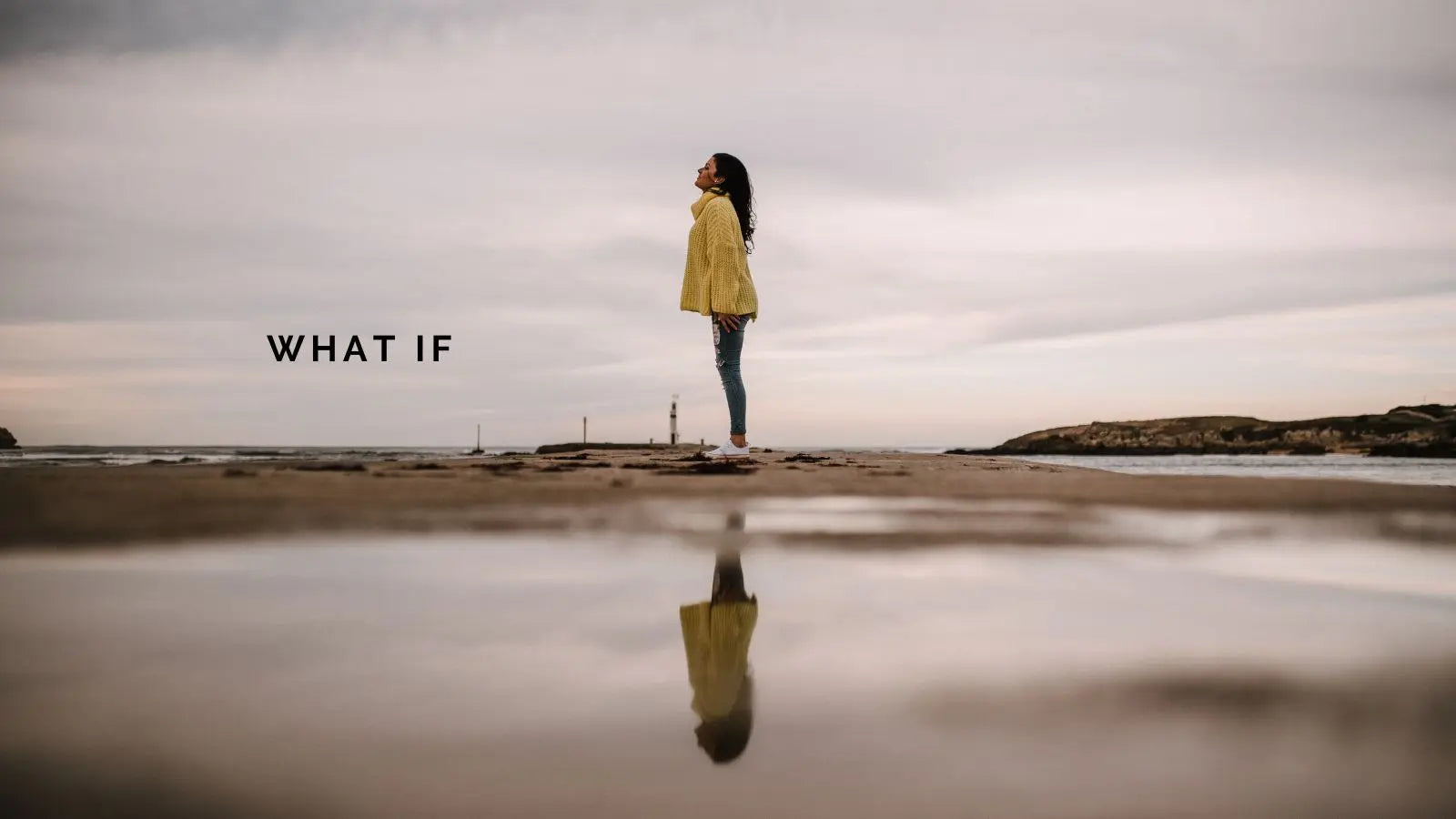
I always say, if you stand still long enough in a garden, it’ll tell you a story. Mine certainly does. Every patch of soil, every bloom, every stubborn weed has a chapter etched into it.
I’m 83 now. The knees are a bit creaky, the hands a bit stiff, but I still rise with the sun and shuffle outside, my old straw hat perched on thinning curls, fingers curled around a chipped trowel like it’s a holy relic. And in many ways, it is. This garden—my sanctuary, my confessional, my wild, messy prayer—has been the keeper of my life.
I planted my first rosebush the week after my mother died. I was 28. Grief sat heavy on my chest, like wet laundry that wouldn’t dry. Mama had always loved roses, pink ones especially. So I planted one. Just one. It bloomed the following spring, and I sat beside it every morning, sipping her favorite chamomile tea and telling her things I hadn’t said when she was alive. Things like how much I missed her humming, or the way she always knew when I was hiding tears behind a smile. That rose became my first secret keeper.
That’s how it began.
When my first son, Jonathan, was born, I planted daisies. Bright, unapologetic little things that nodded at the wind like they had nothing to fear. I loved that about them. And when I lost our second child during childbirth two years later, I planted forget-me-nots. Tiny blue dots of sorrow and hope. I still talk to them. They’re old friends now.
The garden grew with me. When my husband left—ran off with a woman half my age, bless his confused heart—I didn’t throw things or scream. I went outside. I pulled up the hostas he’d planted. Not out of spite. Out of necessity. I needed space for something new. I planted lavender instead. Healing. Calming. For weeks, I buried my tears in the dirt and let the sun dry them. Lavender has a way of softening even the most jagged grief.
Each section of this garden is a monument. The lilac bush near the fence? That’s for my sister, Carol, who died of cancer at 52. She loved lilacs. Said they smelled like childhood and laughter. And the creeping thyme between the stepping stones? That’s for my dog, Milo. He used to lie there every afternoon, head on his paws, watching the birds with lazy indifference. I still look down expecting to see him sometimes.
There’s a bench beneath the plum tree where my grandchildren sit when they visit. I bake cinnamon scones and tell them stories about when their mother was a wild-haired little girl who once tried to grow jellybeans in the flower beds. (She was crushed when they didn’t sprout.) They giggle and hug me, their cheeks warm and sticky, and I wonder how much they’ll remember of these golden afternoons when I’m gone.
But I don't dwell there long.
You see, gardens teach you a kind of faith. The kind that understands loss but believes in return. Things die here all the time. Leaves fall. Blooms wither. Roots rot. But give it time. Give it love. Things come back. Sometimes differently. Sometimes better.
Growing older is a bit like gardening. You have to prune what no longer serves you. You learn patience. You trust that even if winter feels endless, spring will always surprise you. And you realize the weeds aren’t all bad. Some are stubborn beauty in disguise.
When my father passed, I was 40. He was gruff and quiet, not the affectionate type, but he was steady. He built the wooden arbor that still stands at the entrance to my garden, and he always brought me compost in old paint buckets. After he died, I planted delphiniums under that arbor. Tall, proud, and soft blue like his eyes.
My daughter, Evelyn, moved across the country when she was just 19, eager to chase her own dreams. Oh, how I cried. That first year, I planted peonies, the kind she loved as a little girl. I’d brush their petals and imagine her laughter. But eventually, I learned to celebrate her independence. I now dry those petals and tuck them into letters I mail her once a month.
I hosted a wedding in the garden once. Not mine, but my best friend Marjorie’s second marriage at 60. We strung fairy lights through the trees, filled the beds with hydrangeas, and served strawberry shortcake under the stars. She passed six years ago. Her favorite gardenia still blooms near the back gate, and I swear it smells sweeter on her birthday.
I remember the year I turned 65, the year retirement felt less like freedom and more like fading. My hands, so used to purpose, trembled with the fear of becoming invisible. That spring, I built raised beds and tried growing vegetables for the first time. Tomatoes, squash, and green beans. It gave me rhythm again. Purpose. Something to nurture. And when I brought baskets of vegetables to the neighbors, I rediscovered connection.
Friendships bloomed in this soil, too. My neighbor Gloria and I bonded over our mutual hatred of aphids and shared iced tea under the willow tree during long summer afternoons. She taught me how to make compost tea. I taught her how to prune roses without getting scratched. When she moved into assisted living, we cried among the snapdragons.
A few years ago, I had a health scare. Breast cancer. The word itself felt like a shovel striking stone. Hard. Final. But I fought. Through surgeries, chemo, the loss of hair and energy. Still, the garden never left me. Friends came and weeded when I couldn’t. Birds still sang. Flowers still bloomed. That year, I planted foxgloves. Tall and brave. They remind me of resilience.
Now, I take joy in the smallest things. The chirp of a robin. The bees dancing in the honeysuckle. The smell of mint on my fingers. I write letters on the back of seed packets and leave them tucked into the library books I return. Tiny pieces of myself scattered like pollen.
The garden doesn’t ask me to be young. It asks me to be present. And in return, it shows me miracles. Like the tulip that pushes through frost. The wisteria that climbs higher every year. The earth that forgives my forgetfulness and still gives life.
These days, the children don’t visit as often. The world is faster now, busier. But when they do come, I see how the garden softens them. Phones are tucked away. Laughter spills like sunlight. My great-grandson once asked, "Do the flowers know your name, Grandma?" I smiled and said, "They know my heart."
And perhaps that is enough.
When I am gone, I hope the garden remains. Let it grow wild if it must. Let it change. But let it remember. Let someone new kneel in the soil and discover the stories planted here. The tears, the joy, the healing.
Because in this garden—my garden—nothing is ever truly lost.
Only planted again.
_(31).jpg)

